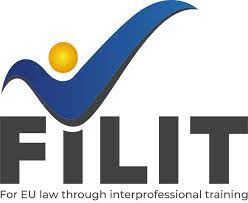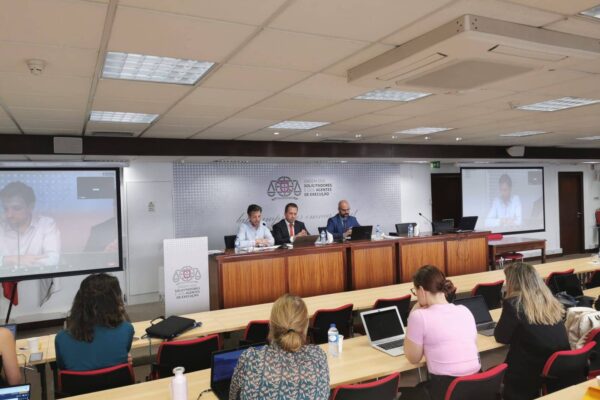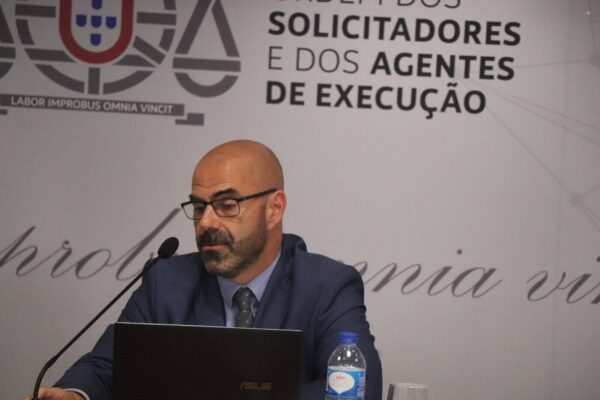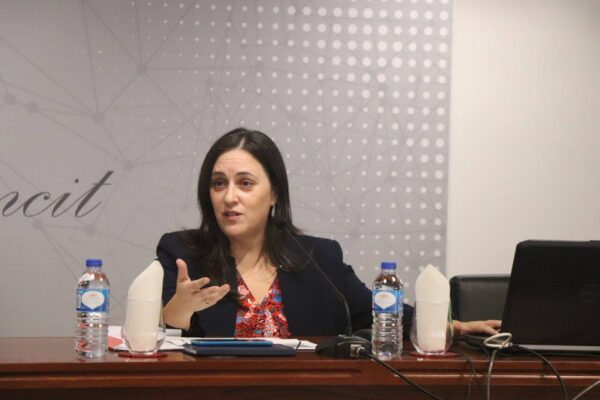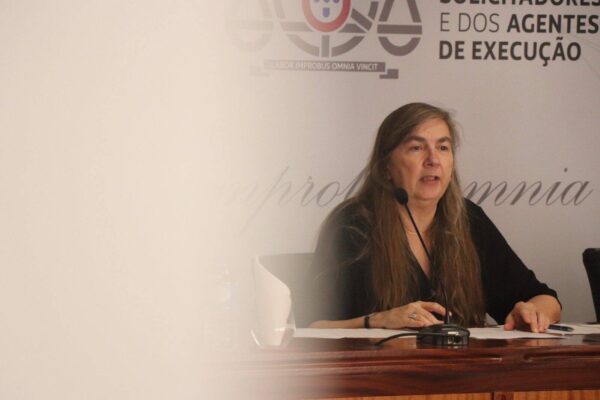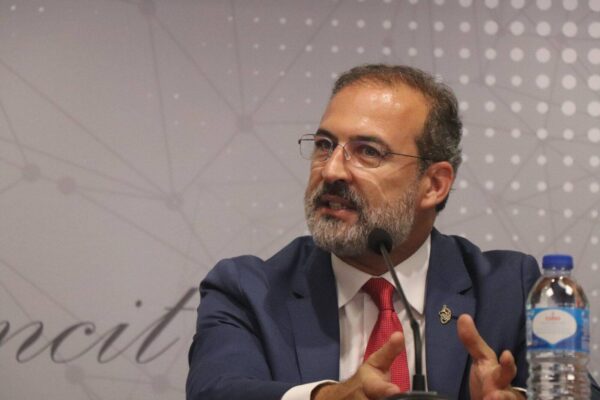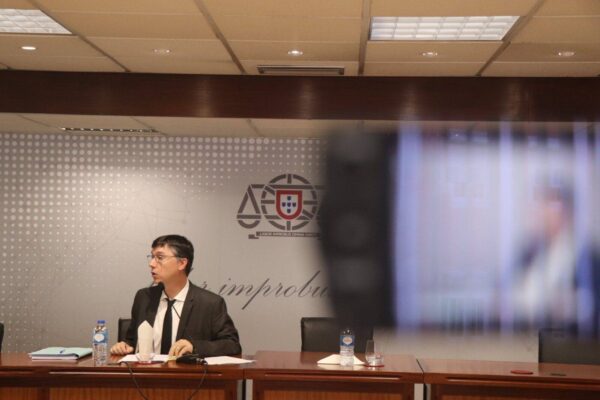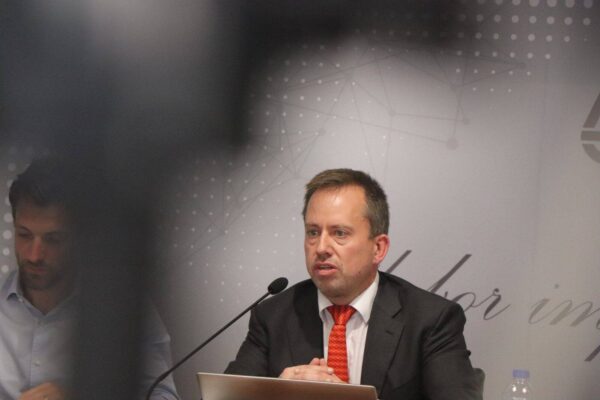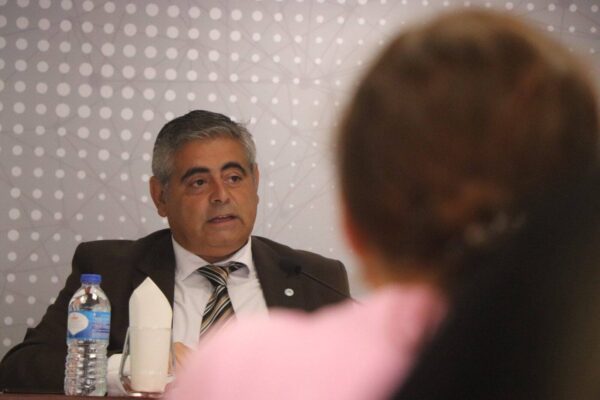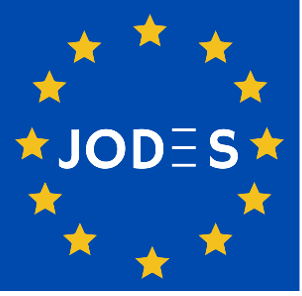FILIT aims to train judicial officers/enforcement agents and lawyers on EU law using a blended learning method to improve the implementation of EU legislation in the fields of civil/commercial, criminal, family law and data protection, raise awareness of legislation, jurisprudence, and foster dialogue between judicial trainers of different national backgrounds, while strengthening cross-border cooperation between the different actors in civil proceedings in Europe.
The objective of the project is to provide training on a large scale: at least 360+ beneficiaries directly involved in the training activities. Additionally, the project estimates the participation of at least 70+ beneficiaries participating in the interprofessional conferences. Those numbers are further raised by the accessibility of the Academy’s platform with 500+ new beneficiaries estimated.
The last interprofessional conference of this project was held in a hybrid format on 13 October 2022, in Lisbon, Portugal. This conference was organised by OSAE (Ordem dos Solicitadores e dos Agentes de Execuçao) in collaboration with the UEHJ, the EIPA (European Institute of Public Administration) and the EFB (Ecole de formation des barreaux de Paris).
The conference was an opportunity for judicial officers/enforcement agents and lawyers to keep up to date with data protection developments in the EU and to exchange best practices.
More than 80 people online and more than 40 people on site were able to attend this high-quality training.
After the opening speech of Francisco Serra Loureiro, Vice-President of OSAE, the attendees could listen to the introductory remarks of Rute Coute, Professor at the Polytechnic Institute of Bragança about the GDPR regulation. Then Guillaume Payan, law professor at the university of Toulon, France, member of the Scientific Council of the UIHJ, made an overview of the case law of the CJEU on the GDPR.
Three panels then followed to go into more detail on the analysis of the Regulation (EU) 2016/679. The first panel, composed mainly of Data Protection Officers (DPO), analysed the GDPR Regulation by highlighting the importance of the DPO’s role in data protection. The second panel, thanks to the interventions of Matthieu Quinou, Senior Lecturer in Information and Communication Sciences (Univ. Paris 8, France) and Michèle Dobrocard, European Data Protection Supervisor, focused on how private data will be protected under the proposed European Regulation on Artificial Intelligence. The conference ended with a third very interactive panel on the good practices of the GDPR in France by Mathieu Bourgeois, lawyer, in Portugal by Francisco Serra Loureiro, and in Belgium by Patrick Gielen, Secretary of the board of the UIHJ. This last panel allowed the participants to appreciate the importance of the harmonisation of the GDPR in the various Member States in a world which becomes more and more digital and international.

